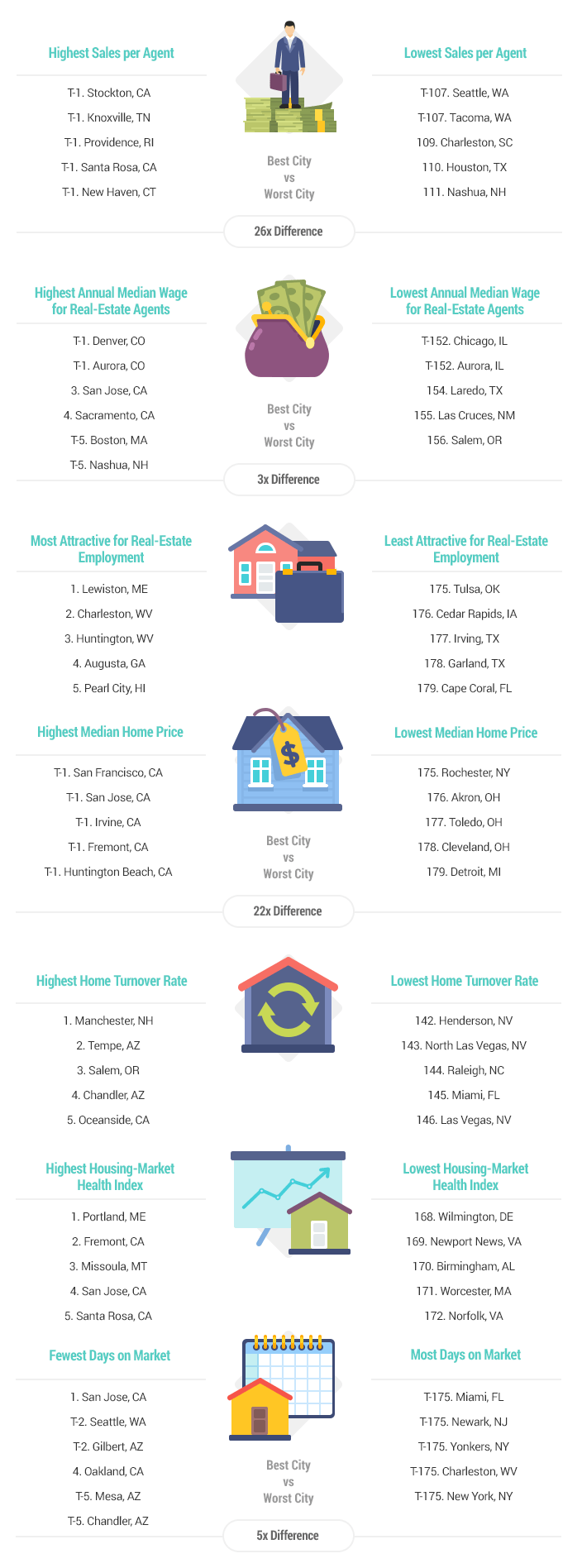
It is important to understand the requirements to become a licensed real estate agent in Illinois. This article will cover the requirements to obtain a real-estate license, continuing education and revocation. It also addresses some of the most common questions that are asked during an exam. If you have any questions, please contact the Board of Real Estate Examiners. The Board of Examiners has the responsibility to ensure that laws are fair and that licensees are protected.
Article 15
Under Article 15, a licensed broker may act as a designated agent to a consumer. This relationship must have mutual consent. The General Assembly concluded that common law of agency had led to misunderstandings that resulted in negative consequences for consumers. The Act codifies this relationship to prevent such misunderstandings and promote stability in the real estate market. This Article doesn't apply to sole proprietorship-type businesses.
In Illinois, the sponsoring brokerage must also have an office or place for business. The identification sign must be visible from the office. Moreover, records required under this act must be kept in a secure location and accessible for inspection by the Department. These records must remain in their original format and be accessible electronically via secure access. This article is applicable to Illinois licensed brokers. These requirements are explained in detail below.

Requirements to be licensed as a realty agent
You must be at the least 18 to become licensed in New York as a real estate agent. Pass the background check and take the state exams. You will also need to submit fingerprints. You must have completed at least 75 hours of education before being licensed and you must pass the criminal background check. A three-hour certificate must be completed on lead poisoning mitigation. You must also complete at most 24 hours of continuing education each year after receiving your license.
To qualify for a real estate license, you must complete prelicensing education. It depends on the state you are in, it can take anywhere between 40 to 200 hours. Even in states where there are no strict requirements, you must take courses related to fair housing or business. Before applying for a license, it is necessary to work for an agent. However, you don't have to go online to get a license in real estate.
For continuing education, you will need to meet certain requirements
The Illinois Department of Financial and Professional Regulation (IDFPR) requires that all real estate brokers and agents participate in certain amounts of continuing education (CE) each year or other recurring time period. These requirements can be for pre-licensing CE or post licensing. In the case of pre-licensing CE, the real estate commission will approve approved continuing education courses. The remaining credits will be earned after licensure.
To fulfill the requirements, brokers and managing brokers are required to participate in at least four hours of CE every two years. These courses should cover real-estate ethics, agency, disclosures. fair housing. License law. Real estate law. CE courses are available through the IDFPR and state agencies. You can use the information on their website to find CE courses near you and learn about Illinois' requirements.

Revocation of a license to be a realtor
Revocation of an Illinois real estate license is a disciplinary measure against a person who has violated the laws regarding real estate. Although it is possible to get a license back if you are inactive, there are some requirements. Here are some of the most common reasons that a license is revoked and how you can appeal it. Learn more about your rights to be an agent.
Failure to meet professional requirements, misconduct or misconduct can all lead to a license being revoked. The following are examples: Naomi J. Sutton lost the license she held as a real estate salesperson after being convicted of a crime. William J. Gerard Sr. also failed to disclose that he was a real-estate licensee on his real property documents.
FAQ
What are the most important aspects of buying a house?
The three most important things when buying any kind of home are size, price, or location. Location refers to where you want to live. Price refers the amount that you are willing and able to pay for the property. Size refers to the space that you need.
What can I do to fix my roof?
Roofs may leak from improper maintenance, age, and weather. Roofers can assist with minor repairs or replacements. For more information, please contact us.
Should I buy or rent a condo in the city?
Renting is a great option if you are only planning to live in your condo for a short time. Renting can help you avoid monthly maintenance fees. A condo purchase gives you full ownership of the unit. You can use the space as you see fit.
What should you look for in an agent who is a mortgage lender?
Mortgage brokers help people who may not be eligible for traditional mortgages. They shop around for the best deal and compare rates from various lenders. There are some brokers that charge a fee to provide this service. Others offer free services.
How much should I save before I buy a home?
It depends on how long you plan to live there. Save now if the goal is to stay for at most five years. But, if your goal is to move within the next two-years, you don’t have to be too concerned.
Statistics
- The FHA sets its desirable debt-to-income ratio at 43%. (fortunebuilders.com)
- 10 years ago, homeownership was nearly 70%. (fortunebuilders.com)
- When it came to buying a home in 2015, experts predicted that mortgage rates would surpass five percent, yet interest rates remained below four percent. (fortunebuilders.com)
- It's possible to get approved for an FHA loan with a credit score as low as 580 and a down payment of 3.5% or a credit score as low as 500 and a 10% down payment.5 Specialty mortgage loans are loans that don't fit into the conventional or FHA loan categories. (investopedia.com)
- Private mortgage insurance may be required for conventional loans when the borrower puts less than 20% down.4 FHA loans are mortgage loans issued by private lenders and backed by the federal government. (investopedia.com)
External Links
How To
How to Locate Houses for Rent
Finding houses to rent is one of the most common tasks for people who want to move into new places. It may take time to find the right house. When you are looking for a home, many factors will affect your decision-making process. These factors include location, size and number of rooms as well as amenities and price range.
To make sure you get the best possible deal, we recommend that you start looking for properties early. Also, ask your friends, family, landlords, real-estate agents, and property mangers for recommendations. You'll be able to select from many options.